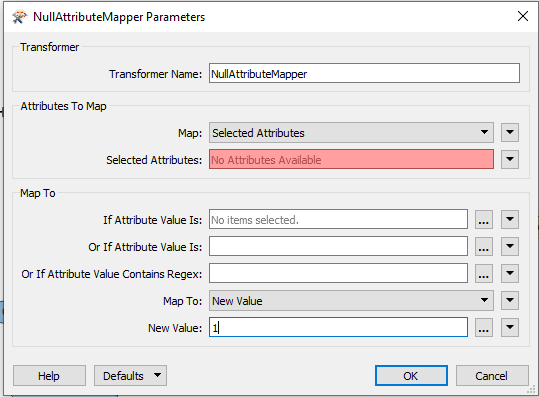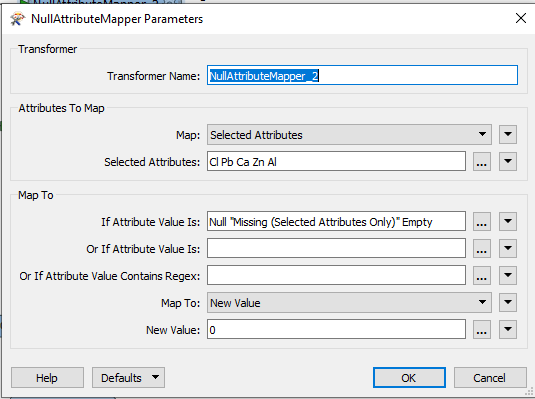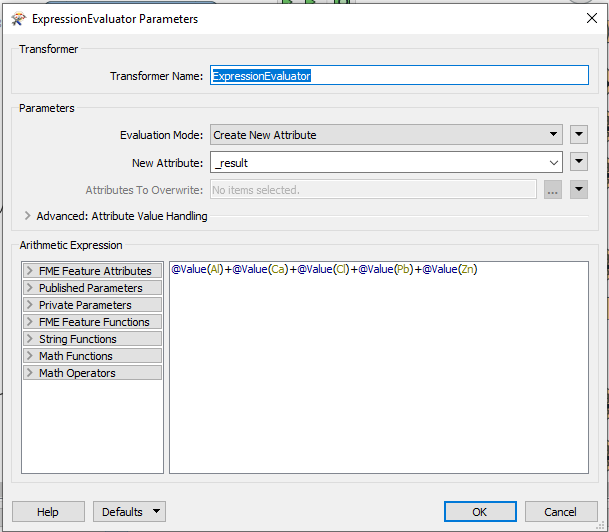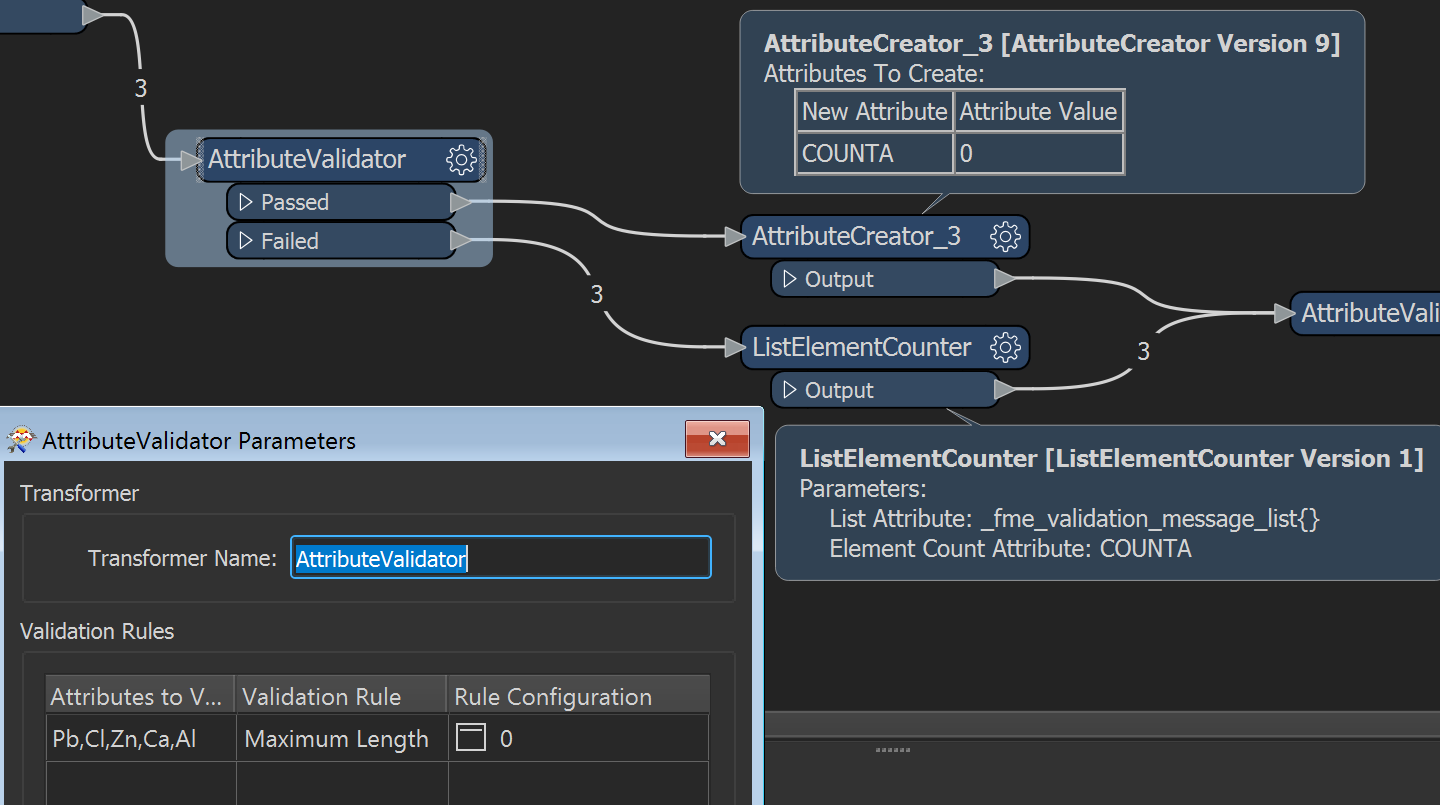Hello,
I would like to count the amount of cells that contain a value for each row in my dataset. It is basically the COUNTA function of Excel. But I don't know how to apply it in FME.
I have a large table with 100+ columns which looks like this:
DBKAlCaClPbZn10.10.151.2
2
0.11
1.330.20.130.41.52.1
Can anyone help me to get the below outcome?
DBKCount132235
Thanks in advance.











